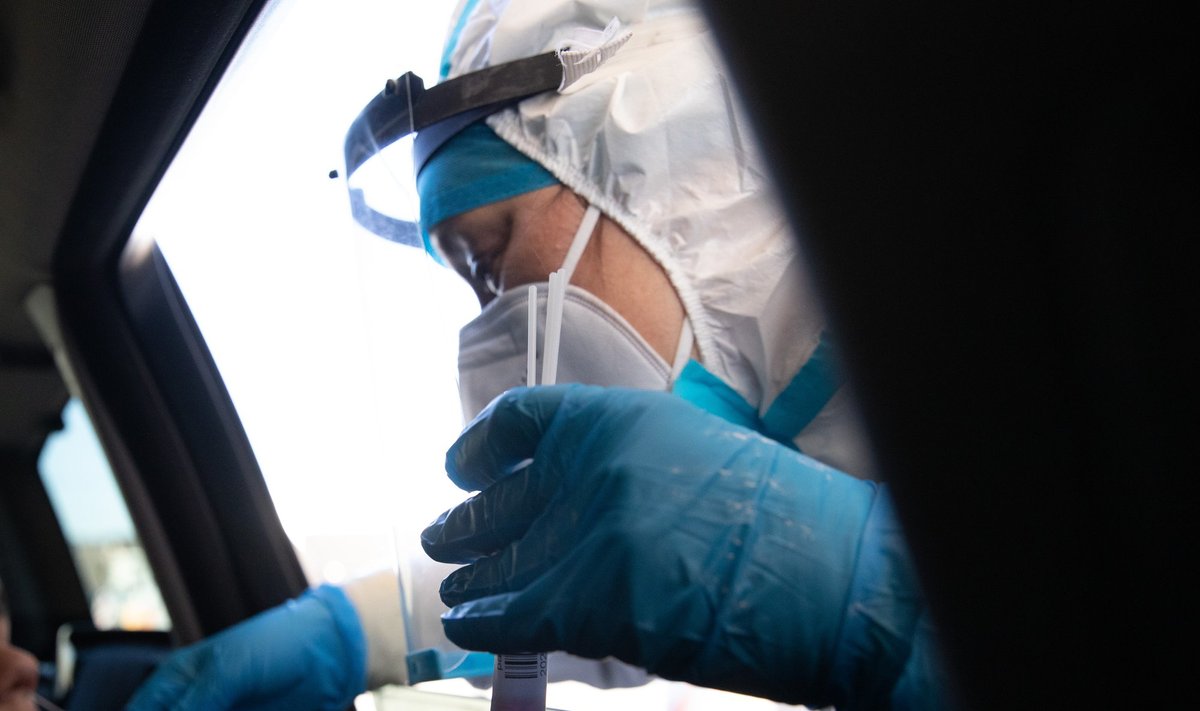The regulation envisaged in the amended Law on Communicable Diseases could significantly reduce access to compulsory testing for COVID-19 and discourage people from taking these tests, according to the Nauseda.
This would lead to "delayed diagnosis and uncontrolled spread of COVID-19", the president's office said in a press release.
"In an extreme situation, the state has a duty to protect people's health and ensure that vaccination, testing and treatment are available to all. These processes cannot be pitted against one another," Nauseda said.
Also, reducing the availability of testing would "do a disservice" to efforts to keep the pandemic under control, according to the president.
The decision would further divide society and undermine public trust, too, he noted.
Nauseda said that the only way to manage the pandemic is through targeted testing and active promotion of vaccination, noting that there is no scientific research supporting the claim that paid testing encourages people to take the jab.
"Let us not look for easy but unfounded solutions. Let us avoid practices that divide society and diminish trust in the state. Let us tackle the causes of non-vaccination, and raise people's awareness," he said in the press release.
The president urged those who have not yet taken their vaccine to do so.
The government has drawn up a list of activities in which employees must get tested for COVID-19 every seven to ten days. These include medical workers, teachers, employees of food service and retail establishments, public administration staff, drivers, and professional soldiers.
Under the amendments, tabled by the government and passed by the parliament, regular testing of these workers would have had to be paid for by the workers themselves or their employers as of December 1.
Proponents argue that those who refuse to be vaccinated should not continue to be tested at the expense of all taxpayers, while opponents maintain that the amendments are discriminatory and further polarize society.
